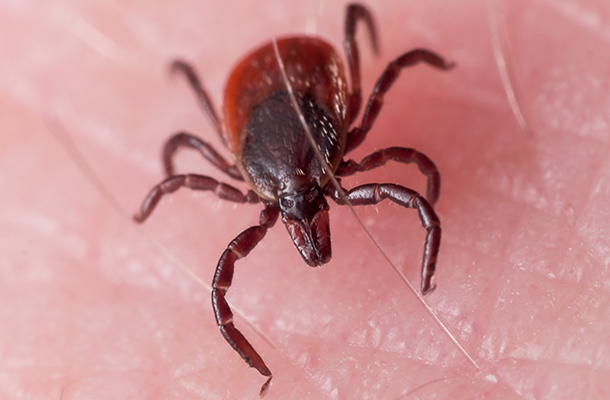
Category: Invertebrates

Ticks are small, blood-sucking arachnids of the order Parasitiformes, with over 900 known species. They most likely emerged during the Cretatious (65-145 million years ago), and have thrived in warm, humid climates, ever since. Parasites, ticks survive by drinking the blood of their hosts -- typically mammals or birds, occasionally reptiles or amphibians -- an act that in and of itself is typically not harmful, but one that makes them a serious vector for diseases that affect humans and other animals, such as Lyme disease.

Cephalopods: Masterminds of the Ocean.
Octopi, cuttlefish, and squids - all cephalopods - have been observed engaging in amazing feats of intelligence (perhaps unsurprising, as cuttlefish and octopuses have the highest brain-to-body mass of all invertebrates). Their suction-cup covered arms are dexterous, and octopuses have been observed putting them to use throwing rocks, opening screw-top jars, even picking up and gathering coconut shells to build fortresses for themselves. Squids, for their part, have been observed hunting cooperatively and are able to communicate with one another via color changes, patterns, and flashing to one another - sometimes using different sides of their bodies to broadcast different signals to multiple squids! Just how smart are they? As they are typically elusive and so very different from humans, we aren’t sure yet - but we do know the question is not “Are they intelligent?” but “How intelligent are they?”
Learn more >>
 Discover Animals is a web-based educational resource offered by the NAIA
Discover Animals is a web-based educational resource offered by the NAIA